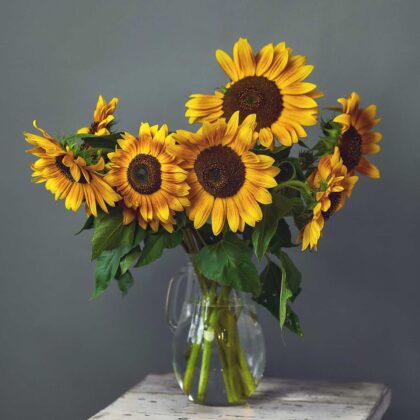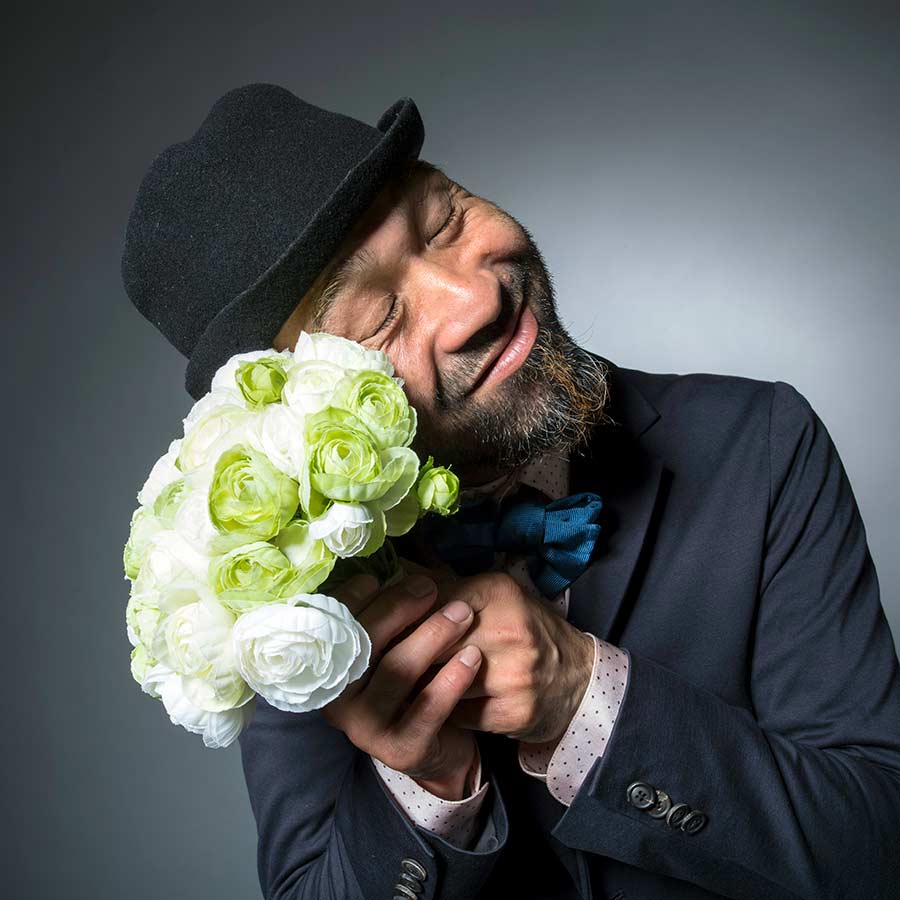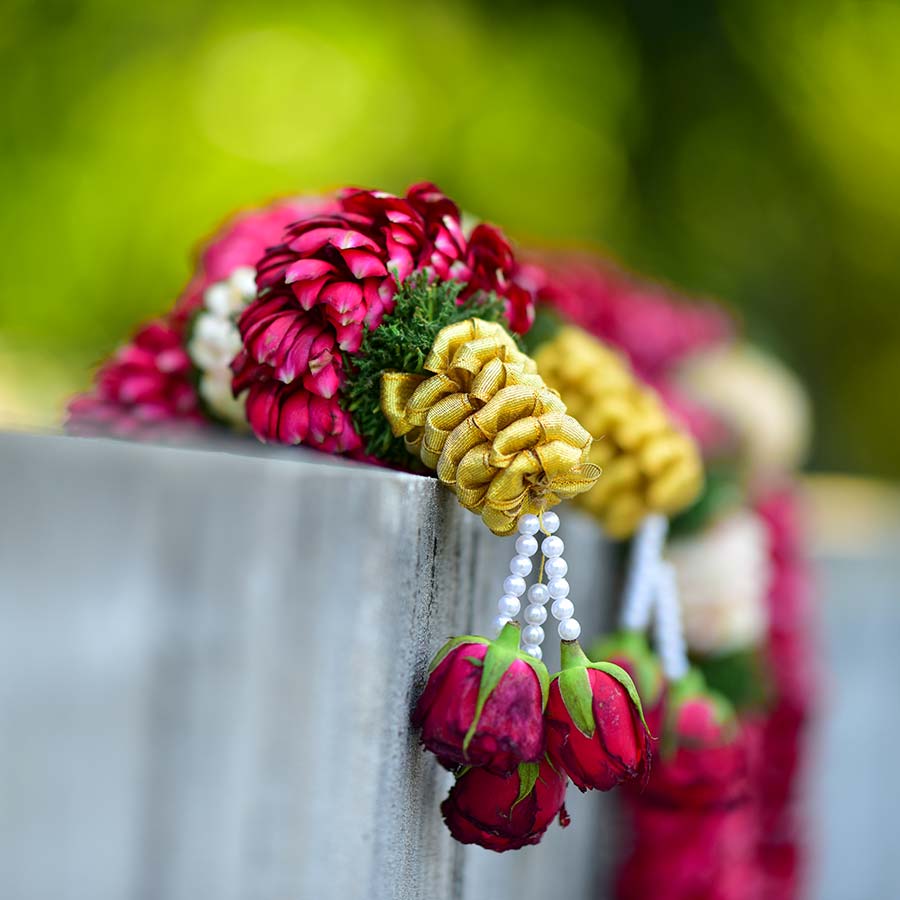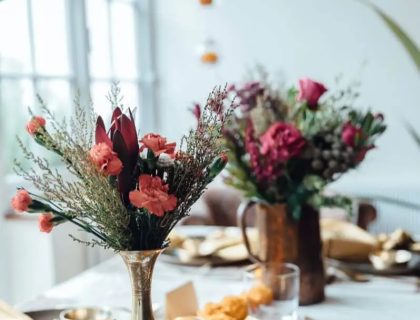Thailand, a country renowned for its vibrant culture and rich traditions, has a deep-rooted love for flowers, using them as powerful symbols to express a myriad of emotions and messages. The art of presenting flowers in Thailand is steeped in customs that hold significant meaning in various aspects of their lives. Join us as we delve into the captivating traditions of presenting Flowers in Thailand in the Land of Smiles.
The Wai – A Reverential Gesture Expressed Through Flowers
One of the most common ways of presenting flowers in Thailand is through the traditional greeting known as the “Wai.” This respectful gesture involves pressing the palms together in a prayer-like manner and bowing the head slightly. Offering flowers in Thailand during the “Wai” signifies profound respect and heartfelt appreciation towards the recipient. This beautiful act is commonly observed every day in temples, during morning prayers near houses for spirits, or at the altars that are found throughout Thailand. “Wai” with flowers is seen as a sign of reverence to elders, making it a cherished tradition that embodies Thai hospitality and warmth.
Garlands “Phuang Malai” – A Symbolic Welcome
Floral garlands, known as “Phuang Malai,” are a delightful and ubiquitous sight in Thailand, adorning doorways, temples, and even the necks of visitors. If you are coming to Thailand through a travel company, your travel agent will probably make a “Wai” gesture and put a “Phuang Malai” orchid or jasmine garland around your neck when you meet at the airport.
Religious Offerings – A Profound Tribute to Deities
In Thai religious practices, flowers hold profound significance. In temples, devotees offer elaborate floral arrangements as a symbol of devotion and respect to the Buddha and other deities. The selection of flowers carries symbolic weight, with lotus flowers representing purity and enlightenment, while jasmine flowers symbolize respect and purity of the mind. Engaging in this tradition brings a sense of spiritual connection and reverence to the Thai people.
Flowers in Thailand at the Heart of Celebrations and Festivals
Thailand’s vibrant festivals come alive with the beauty of flowers in Thailand. During Songkran, the Thai New Year, fragrant flowers are offered as a sign of renewal and spiritual purification during ceremonies to cleanse images of the Buddha. In the Loy Krathong festival, floral floats made from banana leaves, decorated with flowers in Thailand and candles, symbolize the release of negativity and the embrace of new beginnings. These festivals highlight the integral role that flowers in Thailand play in celebrating Thai culture and its rich heritage.
Love and Courtship – The Sentiments Expressed Through Floral Bouquets
In the realm of love and courtship, Flowers in Thailand exude a modern vibe. Men often present bouquets to express their affection and admiration for women, often including red roses. In Thailand, you may also encounter flower bouquets with money, a tradition that has become popular worldwide but has deep roots in Thailand.
During times of sorrow, Flowers in Thailand also play a significant role in Thai customs. White flowers, especially chrysanthemums, are offered as a mark of respect and sympathy during funerals.
“Conversely, marigolds are avoided, as they are associated with bad luck and are reserved solely for mourning. This floral tradition provides solace and a sense of closure during difficult times.”
The traditions of presenting Flowers in Thailand reflect the soul of the nation, steeped in cultural significance and heartfelt emotions. From the respectful Wai to the vibrant garlands and religious offerings, Flowers in Thailand hold a special place in the hearts of the Thai people. Understanding and embracing these customs enrich our experiences and deepen our appreciation for Thai culture, fostering a beautiful connection between visitors and locals alike.






